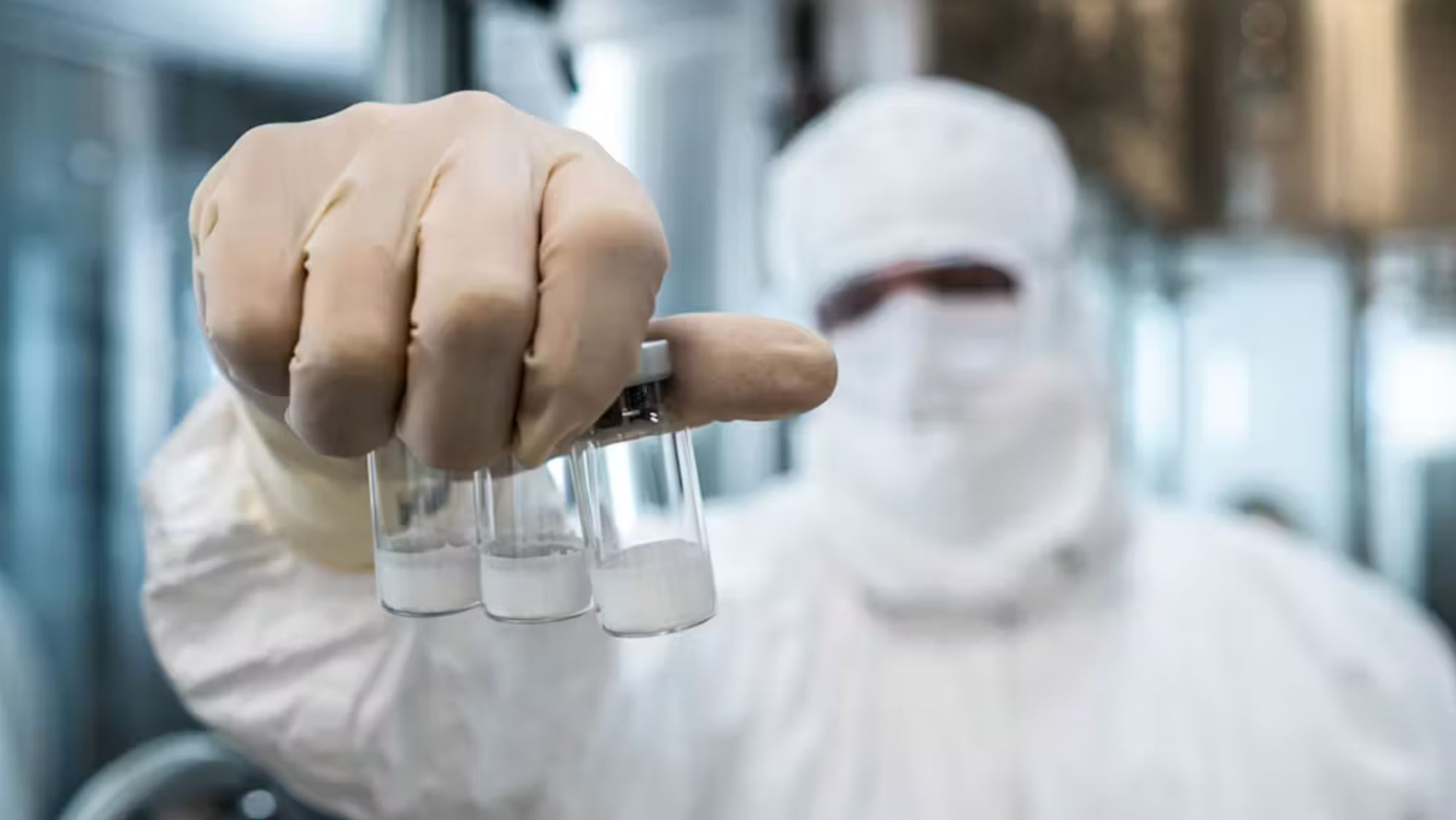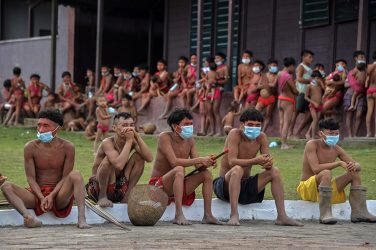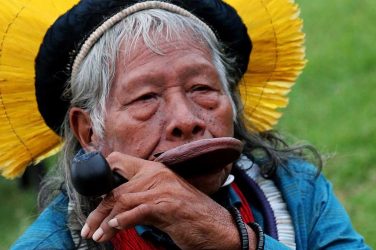Dengue, caused by the virus transmitted by the bite of the female Aedes aegypti mosquito and, to a lesser extent, the Aedes albopictus mosquito, is an acute illness characterized mainly by high fever, body aches and redness of the skin.
A small fraction of those displaying symptoms can experience a worsening disease at the end of the first week. These cases, classified as dengue with warning signs and severe dengue by the World Health Organization (WHO), are the most worrying, leading to significant morbidity and mortality in tropical and subtropical regions worldwide.
In dengue with warning signs, in addition to the classic symptoms, there may be small amounts of blood on the mucous membranes, haematomas, abdominal pain, vomiting, dehydration, restlessness, dizziness, excessive tiredness and drowsiness.
Severe dengue is a result of a greater systemic inflammatory reaction, which alters blood clotting and leads to fluid loss. The consequences can include intense bleeding and a sudden drop in blood pressure, which are responsible for the shock associated with dengue fever, the main cause of death.
The number of people with severe disease is small compared to the total incidence of the disease. Of the three million confirmed cases of dengue in Brazil in 2023, only 0.1% had the worst symptoms of the disease, according to the WHO.
However, as the number of cases continues to rise in 2024, this small percentage exerts a big impact, with even more pressure on health services. Brazil recorded more than 1,5 million suspected cases and over 500 deaths from dengue fever in 2024 up to the beginning of March 2024, according to the Ministry of Health, a quite significant increase compared to the same period in 2023.
This situation is part of a major global increase in the disease, which has already registered five million cases in 129 countries.
The main victims
Young children and older people can find it more difficult to cope with severe infections due to immunity issues. Another important factor related to severe dengue is that it is more frequent in the second and third infections. As there are four viruses causing dengue worldwide, DENV-1, DENV-2, DENV-3 and DENV-4, a given person can be infected four times.
The chance of developing the most serious symptoms in the first infection is low but increases in the second and third, especially among those in people with other illnesses. This appears to be because antibodies produced by the body against one dengue virus type facilitate the entry of a second dengue virus, which is not completely neutralized.
It would seem these enter the cells more easily and multiply more quickly. This mechanism is known as “antibody-dependent enhancement”. With the number of cases rising, the phenomenon needs special attention.
To avoid this situation, it is preferable to have protection against all four types of dengue viruses. In times of cyclical outbreaks, we can no longer remain uncovered. It will then be up to vaccination to help us achieve this goal.
Single-dose vaccine
A dengue vaccine must be able to elicit high efficacy against the four viruses, be safe and be able to, ultimately, help contain the virus spread. In other words, it must induce protection against at least three and preferably to all four dengue viruses at the same time, as if it were four vaccines in one.
Offering this possibility in less time, i.e. in a single dose, could be the game changer for guaranteeing complete protection more quickly, potentially putting a stop onto outbreaks, and protecting those who need it most.
The Butantan Institute has been working on the development of a dengue vaccine since the late 1990s. We recently published the primary phase 3 results of the vaccine candidate in The New England Journal of Medicine.
With just one injection, it provides good protection in a very elastic age range, from two to 60 incomplete years, according to the published results. It also has the differential of being able to be applied to those who have or have not already been infected by the dengue virus.
Protection was observed in all age groups, with 90% in adults aged 18 to 59, 77.8% in those aged seven to 17 and 80.1% in children aged two to six. The analysis of the effectiveness of the immunogen was carried out over two years with just under 17,000 volunteers in 16 research centers. The study is in its final phase and will complete in June 2024.
The next step will be to finalize the dossier with all the study information to apply for registration at Brazil’s National Health Surveillance Agency (Anvisa) by the second half of 2024.
At a time when dengue is advancing worldwide due to climate change, the arrival of a new single-dose vaccine to prevent epidemics and deaths could be a key weapon in the fight against dengue.
Esper Georges Kallás is the director of Instituto Butantan and Full Professor of the Department of Infectious and Parasitic Diseases, USP School of Medicine (FMUSP)
This article was originally published in The Conversation. Read the original article here: https://theconversation.com/dengue-brazilian-single-dose-vaccine-could-help-turn-tide-in-the-fight-against-fever-225398













